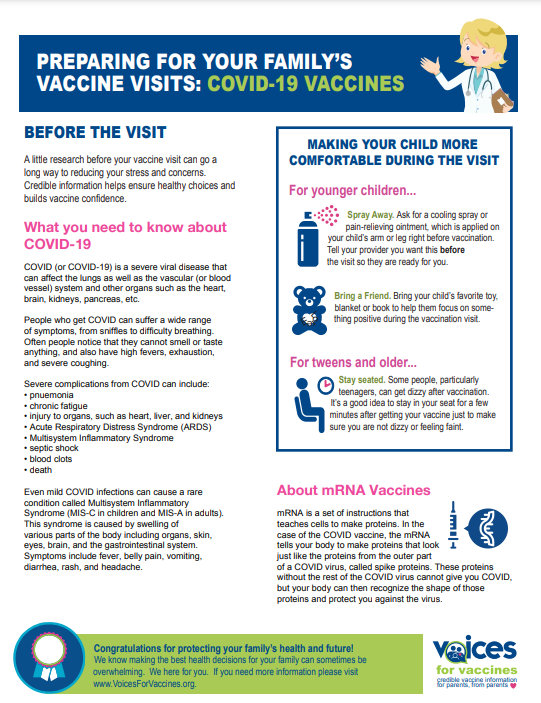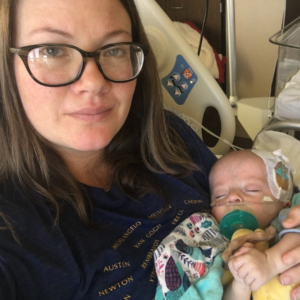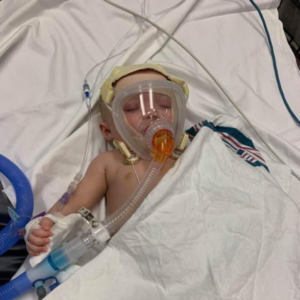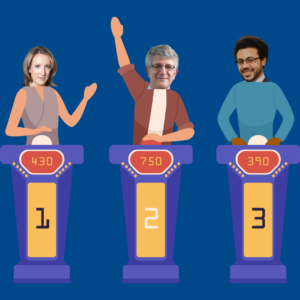Respiratory Syncytial Virus (RSV) Vaccines
What is RSV?
RSV is a common virus that infects your nose, throat, lungs, and airways. You can catch it when you’re near someone with RSV who coughs, sneezes, or even when you kiss them. It can also spread from surfaces with the virus on them. Kids often get RSV at school or daycare and bring it home.
Most children get RSV by the time they turn two. Usually, it causes mild symptoms, but it can be severe for certain groups like premature babies, young infants, those with heart or lung issues, weak immune systems, and older adults. However, many babies who end up in the hospital with RSV don’t have any known risk factors.
RSV symptoms usually start about 4 to 6 days after infection and include the following:
- runny nose
- reduced appetite
- cough
- sneezing
- fever
- wheezing
These symptoms often appear one after another and not all at the same time. Very young babies may become irritable, less active, and have trouble breathing when they have RSV.
What are the risks of RSV?
RSV is a virus that often feels like a common cold but can be very serious, especially for babies, young kids, and older adults. It causes severe illnesses, and many children under one year old get bronchiolitis and pneumonia because of it. Each year in the United States, it leads to:
- About 2.1 million visits to the doctor
- 58,000-80,000 hospital stays
- Around 100-300 deaths in kids under 5
It also causes more respiratory problems in older adults (those older than 65), resulting every year in roughly:
- 60,000-160,000 hospital stays
- 6,000-10,000 deaths
Who should get immunized against RSV?
Older adults (60 years and older)
The CDC recommends an RSV vaccine using a shared decision-making model. Unlike some vaccines that are recommended for certain age or risk groups, this one doesn’t have a set rule. A shared decision-making model means that you and your doctor decide together based on your health, the risk of RSV, what your doctor thinks, what you prefer, and the vaccine’s safety. It’s all about what’s best for you as an individual.
People at high risk for complications from RSV
People who could benefit the most from getting an RSV vaccine are those with ongoing health problems like heart and lung issues, kidney or liver troubles, nerve or muscle conditions, blood disorders, diabetes, or a weakened immune system. These health conditions could make them more vulnerable to certain diseases, so getting vaccinated can provide extra protection.
Pregnant Women
The CDC recommends that pregnant women get this vaccine to protect their babies from RSV. They recommend getting this vaccine between 32 and 36 weeks pregnant and between September and January when RSV is more common.
Babies and toddlers
RSV monoclonal antibody immunization is suggested for babies under 8 months entering their first RSV season. Babies of vaccinated mothers usually don’t need it.
For kids aged 8-19 months entering their second RSV season, consider the RSV antibody immunization if they have chronic lung issues from premature birth requiring treatment, severe immune system problems, cystic fibrosis with severe symptoms, or are American Indian or Alaska Native.
How do the RSV vaccines work?
RSV vaccines are made to work in different ways depending on who you are and why you are getting the vaccine.
Protein subunit vaccine for older, vulnerable, and pregnant adults
The RSV vaccine for adults is a protein subunit vaccine. Protein subunit vaccines use a tiny piece of the virus that causes a disease to train our immune system. Instead of using the whole germ, they focus on a specific part called a “protein subunit.” This subunit helps your immune system recognize this part of the germ.
When you get a protein subunit vaccine, your immune system sees this protein and starts preparing to fight the real germ by creating antibodies that can lock onto the subunit.
Since protein subunit vaccines only use a small part of the germ, they are safe and effective at preventing diseases without causing the illness itself.
Monoclonal antibody for infants
The immunization for infants is actually a monoclonal antibody. It works in a different way than vaccines. Vaccines tell the body to create antibodies to fight a specific virus. But the antibody skips this step. When babies get it, it’s like giving them a ready-made shield delivered to their body. This shield grabs onto the RSV virus and stops it from infecting their cells, keeping them safe from severe illness.
What can I expect at an RSV vaccine appointment?
A little research before your vaccine visit can go a long way to reducing your stress and concerns. Credible information helps ensure healthy choices and builds vaccine confidence.
Where can I get more information about RSV vaccines?
Learn more about COVID-19:
How do I know this information is credible?
We work for parents so we make sure that parent concerns are addressed using facts and science and our content is reviewed by experts who have spent their careers studying vaccines. Learn more about how we ensure we are bringing you the best information to help you make healthy choices for your family.




